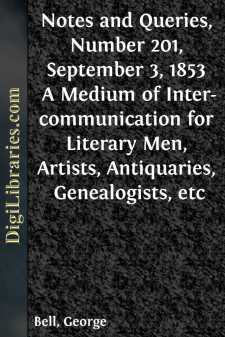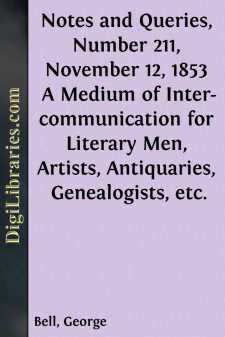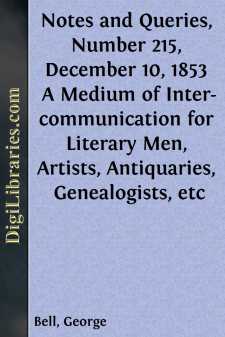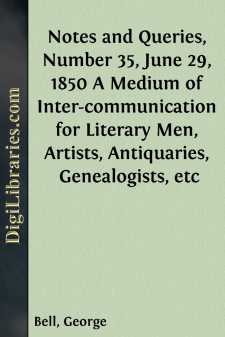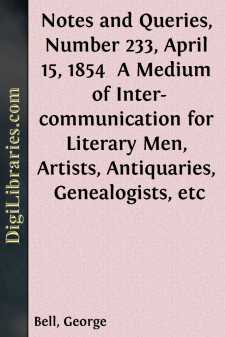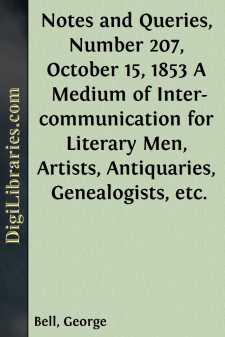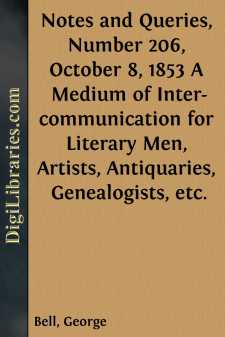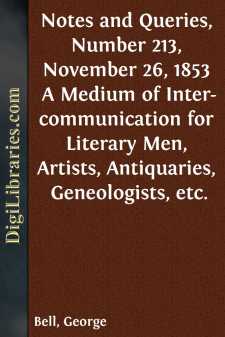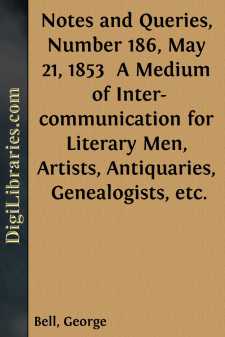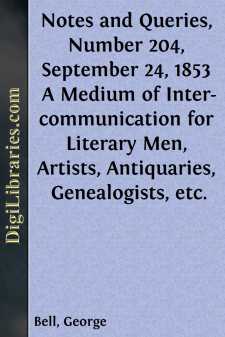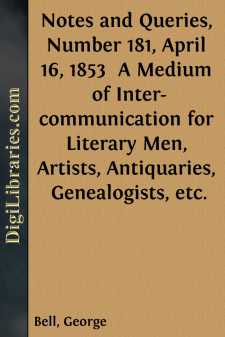Categories
- Antiques & Collectibles 13
- Architecture 36
- Art 48
- Bibles 22
- Biography & Autobiography 815
- Body, Mind & Spirit 144
- Business & Economics 28
- Children's Books 18
- Children's Fiction 14
- Computers 4
- Cooking 94
- Crafts & Hobbies 4
- Drama 346
- Education 58
- Family & Relationships 59
- Fiction 11833
- Games 19
- Gardening 17
- Health & Fitness 34
- History 1378
- House & Home 1
- Humor 147
- Juvenile Fiction 1873
- Juvenile Nonfiction 202
- Language Arts & Disciplines 89
- Law 16
- Literary Collections 686
- Literary Criticism 179
- Mathematics 13
- Medical 41
- Music 40
- Nature 179
- Non-Classifiable 1768
- Performing Arts 7
- Periodicals 1453
- Philosophy 65
- Photography 2
- Poetry 896
- Political Science 203
- Psychology 44
- Reference 154
- Religion 515
- Science 126
- Self-Help 85
- Social Science 82
- Sports & Recreation 34
- Study Aids 3
- Technology & Engineering 59
- Transportation 23
- Travel 463
- True Crime 29
Our website is made possible by displaying online advertisements to our visitors.
Please consider supporting us by disabling your ad blocker.
Notes and Queries, Number 201, September 3, 1853 A Medium of Inter-communication for Literary Men, Artists, Antiquaries, Genealogists, etc
by: George Bell
Categories:
Description:
Excerpt
"THAT SWINNEY."
Junius thus wrote to H. S. Woodfall in a private note, to which Dr. Good has affixed the date July 21st, 1769 (vol. i. p. 174.*)
"That Swinney is a wretched but dangerous fool. He had the impudence to go to Lord G. Sackville, whom he had never spoken to, and to ask him whether or no he was the author of Junius: take care of him."
This paragraph has given rise to a great deal of speculation, large inferences have been drawn from it, yet no one has satisfactorily answered the question, who was "that Swinney?"
That neither Dr. Good nor Mr. George Woodfall, the editors of the edit. of 1812, knew anything about him, is manifest from their own bald note of explanation, "A correspondent of the printers." Some reports say that he was a collector of news for the Public Advertiser, and subsequently a bookseller at Birmingham, but I never saw any one fact adduced tending to show that there was any person of that name so employed. Others that the Rev. Dr. Sidney Swinney was the party referred to: and Mr. Smith, in his excellent notes to the Grenville Papers, vol. iii. p. lxviii., assumes this to be the fact. I incline to agree with him, but have only inference to strengthen conjecture. What may be the value of that inference will appear in the progress of this inquiry, Who was Dr. Sidney Swinney?
Reports collected by Mr. Butler, Mr. Barker, Mr. Coventry, and others, say that the Doctor had been chaplain to the Russian Embassy, chaplain to the Embassy at Constantinople, and chaplain to one of the British regiments serving in Germany. Mr. Falconer, in his Secret Revealed, p. 22., quotes a paragraph from one of Wray's letters to Lord Hardwick with reference to the proceedings at the Royal Society:
"Dr. Swinney, your Lordship's friend, presented his father-in-law Howell's book."
Swinney's father-in-law, here called Howell, was John Zephaniah Holwell, a remarkable man, whose name is intimately associated with the early history of British India, one of the few survivors of the Black Hole imprisonment, the successor of Clive as governor, and a writer on many subjects connected with Hindoo antiquities. Swinney enrols him amongst his heroes,
"Holwell, Clive, York, Lawrence, Adams, Coote,
Of Draper, Bath-strung for his baffled suit."
And he refers, in a note, to those
"Ungrateful monsters (heretofore in a certain trading company), who have endeavoured to vilify and sully one of the brightest characters that ever existed."
I learn farther, from a volume of Fugitive Pieces, published by Dr. Swinney, that he was the son of Major Mathew Swinney, whom after his flourishing fashion he calls on another occasion "Mathew Swinney of immortal memory;" from one of his dedications that the Doctor himself was educated at Eton; from the books of the Royal Society that he was of Clare Hall, Cambridge; from dates and dedications, that from 1764 to 1768, he was generally resident at Scarborough; and from the Gentleman's Magazine, that he died there 12th November, 1783.
That Swinney had been chaplain to the Russian Embassy I have no reason to believe; but that he had been in the East for a time, possibly as chaplain to the Embassy at Constantinople, is asserted in the brief biographical notice in the Gentleman's Magazine, and would seem to be proved by a work which he published in 1769, called—
"A Tour through some parts of the Levant: in which is included An Account of the Present State of the Seven Churches in Asia....


